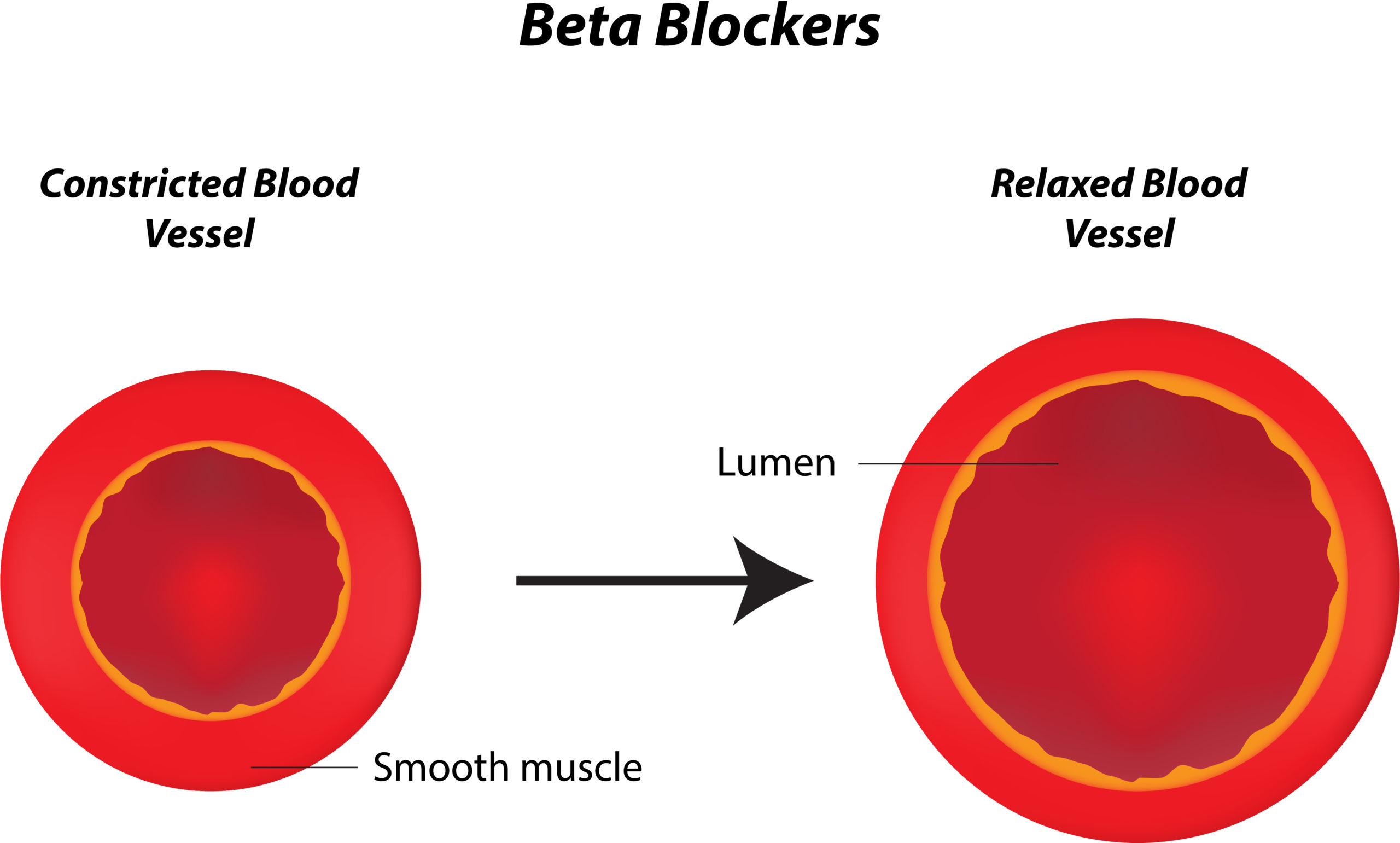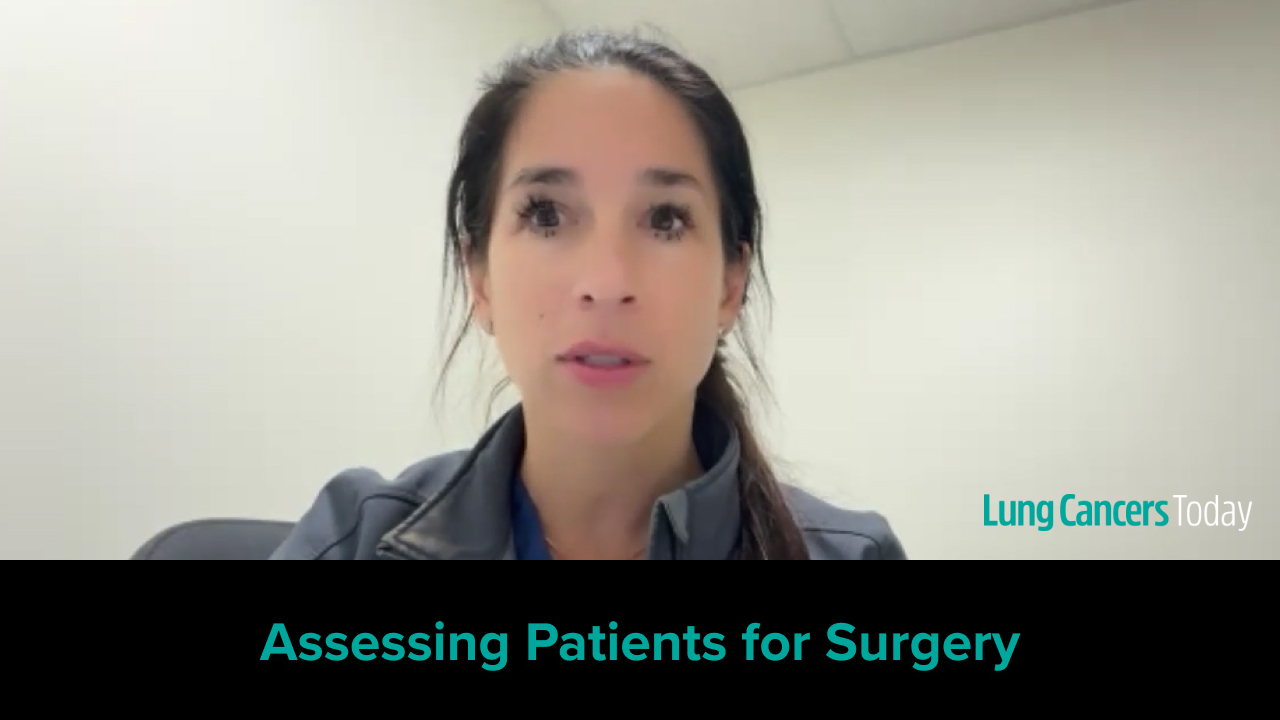
In a meta-analysis published in the European Journal of Clinical Pharmacology, researchers reported on the safety and efficacy profiles of various pharmacological treatments for new-onset postoperative atrial fibrillation/flutter (POAF) after lung surgery in patients with lung cancer. According to their data, beta-blockers, amiodarone, magnesium sulfate, and calcium-channel blockers were effective in lowering risk for POAF.
The analysis included 19 studies from the PubMed, Embase, Web of Science, Scopus, and Cochrane Library databases that compared POAF prophylactics in a cumulative cohort of 2922 patients.
Pharmacological Interventions Prevent POAF After Lung Surgery
Overall, pharmacological interventions significantly reduced the incidence of POAF (odds ratio [OR], 0.36; 95% CI, 0.26-0.52) without significantly increasing the odds of severe pulmonary complications (OR 1.17; 95% CI, 0.57-2.41) compared with placebo and usual care.
Related: Cost-effectiveness of Catheter Ablation Versus Drug Therapy in US Patients With AF
The researchers noted that beta-blockers (in patients without contraindications) appeared to be the most safe and effective treatment for POAF prevention among the reviewed interventions (OR, 0.13; 95% CI, 0.07-0.27), with a number needed-to-treat of 3.63 and no serious adverse effects recorded. Beta-blocker combinations and monotherapy decreased risk for POAF from 25.6% to 11.4% (P<.001) and 34.2% to 6.7% (P<.001), respectively.
The researchers noted that pharmacological interventions did not appear to reduce 30-day mortality (OR, 0.89; 95% CI, 0.43-1.84; I2=0%) overall, but they did show a trend toward fewer instances of myocardial ischemia/infarction, cardiac arrest, heart failure, and stroke (OR, 0.41; 95% CI, 0.13-1.29; I2=0%).
Ultimately, the authors found that evidence supports the safety and efficacy of pharmacological interventions for preventing POAF after lung surgery in patients with lung cancer.
Browse More Expert Interviews and Research on the Atrial Fibrillation Knowledge Hub







 © 2025 Mashup Media, LLC, a Formedics Property. All Rights Reserved.
© 2025 Mashup Media, LLC, a Formedics Property. All Rights Reserved.